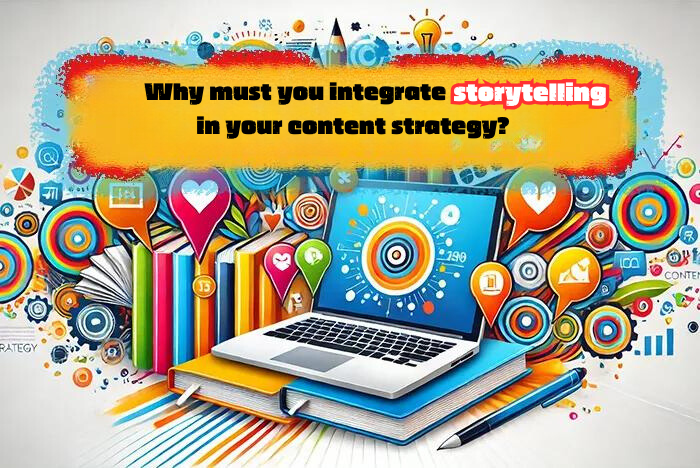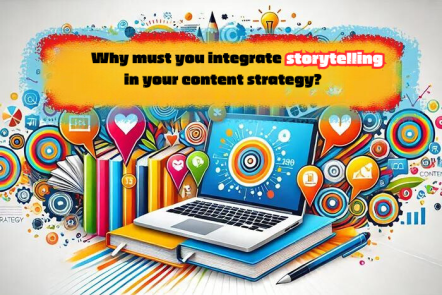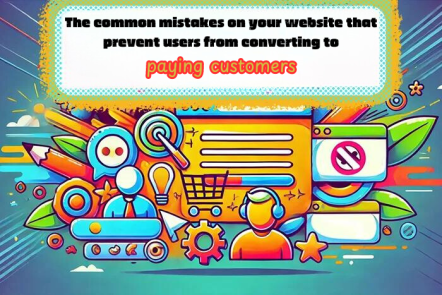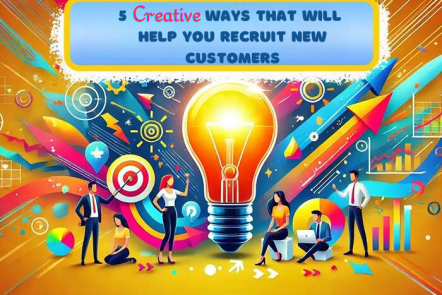In today’s world, consumers are inundated with vast amounts of information, making it increasingly challenging to capture and retain their attention. This is where the art of storytelling comes into play. Storytelling is not merely a tool for entertaining the audience but rather a powerful marketing strategy that can help businesses connect with their audience on a deeper emotional level, build trust and credibility, and ultimately drive sales. In the following lines, we will delve into the profound impact of storytelling in marketing, examine how it streamlines content marketing, and why it is crucial to integrate it into your content strategy.
How Storytelling Streamlines Your Content Marketing
- Improves Engagement: Stories are inherently more captivating than simple facts or data. They grab the audience’s attention and pique their interest. By weaving your marketing messages into a compelling narrative, you can make your content more engaging and memorable.
- Builds Emotional Connections: Storytelling allows you to connect with your audience on an emotional level. Emotions drive decisions, and when your audience feels a connection to your brand, they are more likely to become loyal customers. Storytelling can evoke emotions such as empathy, joy, or inspiration, creating a long-lasting and enduring bond with your audience.
- Simplifies Complex Information: Complex information or data can be challenging to communicate in marketing. Storytelling can simplify these complexities by placing the information in a context that is easy to digest and understand. Using analogies, metaphors, or real-life examples, you can make your message clear and impactful.
- Differentiates Your Brand: In a saturated market, the ability to stand out from competitors is critical. Storytelling gives your brand a unique voice and personality, setting you apart from others. A well-told story can make your brand memorable and more distinct in consumers’ minds.
- Encourages Sharing: People love to share stories, especially those that resonate with them emotionally. Content that tells a compelling story is more likely to be shared across social media platforms, increasing your reach and visibility. This organic sharing can amplify your marketing efforts and attract new audiences.
Why You Must Incorporate Storytelling Into Your Content Strategy
- To create a cohesive brand narrative – Storytelling helps create a consistent and cohesive narrative for your brand. By incorporating stories into your content strategy, you can ensure that all your marketing materials align with your brand’s values, purpose, and vision. This consistency strengthens your brand identity and builds a strong, recognizable presence.
- To improve the customer experience – Today’s customers are looking for more than just products or services; they are looking for experiences. Storytelling enriches the customer experience by making interactions with your brand more meaningful and enjoyable. Whether it’s a heartwarming brand story or inspiring customer testimonials, storytelling can make your audience feel valued and understood.
- To make content engaging and memorable – Stories are easier to remember than standalone facts or statistics. When your content is framed within a story, it becomes unforgettable. The ability to remember the brand, its messages, and associated values more effectively leaves them in your audience’s mind when they are ready to make a purchase.
- To boost SEO and organic traffic – Engaging and shareable content often leads to higher SEO rankings. Storytelling can increase the time visitors spend on your website, reduce bounce rates, and encourage social sharing – factors that contribute to improved SEO. As a result, incorporating stories into your content strategy can increase your organic traffic and enhance your online visibility. Read more about writing marketing content for websites.
- To generate conversions – Ultimately, the goal of content marketing is to drive conversions. Storytelling can influence purchasing decisions by creating emotional connections and building trust. When your audience is emotionally invested in your brand, they are more likely to take action, whether it’s subscribing to a newsletter, making a purchase, or sharing your content.
How to Use Storytelling in Marketing
There are various ways to tell a story in marketing. Here are some of them:
- Brand Stories – These stories tell the history of your brand, its mission, and its values. They can be used to connect with customers on a deeper level and build trust.
- Customer Stories – These stories share the experiences of real customers who have used your products or services. They can be a powerful way to demonstrate the benefits of your offerings and build credibility.
- Employee Stories – These stories share the experiences of your employees. They can be used to show the human side of your brand and connect it with customers.
- Testimonials – These are statements and social proof from satisfied customers that can be used to build trust and credibility.
- Case Studies – These are in-depth stories that document the results your products or services have achieved for different customers. They can be a powerful way to demonstrate the value of your offerings.
No matter how you choose to use storytelling in your marketing, the most important thing is to be authentic and genuine. When you tell stories that are true to your brand and its values, you will connect with your audience on a deeper level and build relationships that will last.
Tips for Using Storytelling in Marketing
- Start with a strong hook – Your story should grab users’ attention immediately. This could be a question, a surprising fact, or an unforgettable character.
- Keep the message simple – People are busy and have short attention spans. Make sure your story is easy to understand and follow.
- Use vivid language – Use words that help your audience visualize the story. This will make it more engaging and memorable.
- Be authentic – People can spot a fake story from a mile away. Be honest and genuine in your storytelling.
- End with a call to action – Tell your audience what you want them to do after they finish reading your story. This could be visiting your website, signing up for your email list, or making a purchase.
How to Use Storytelling on Website Text
- Homepage – Start with a compelling narrative about how the founder was inspired to start the company. Describe the challenges they faced and how they overcame them to provide solutions for their customers. For example, “Our journey began in a small garage, where our founder, Shani Ofek, created the first prototype after a life-changing event…”
- About Us Page – Dive deeper into the company’s history and mission. Highlight key moments and milestones. “From our humble beginnings in 2010 to becoming leaders in sustainable fashion, our story is woven with passion, perseverance, and a vision for a better future.”
- Product Description – Instead of listing features, tell a story about how the product can change the user’s life. “Imagine starting your day with a perfectly ground and brewed cup of coffee, thanks to our innovative coffee machine. The ultimate coffee experience comes to your home.”
- Blog Posts – Use storytelling to share important insights and tips. “Meet Sarah, a busy mom who struggled with meal planning. With our weekly meal kit, she discovered a stress-free way to provide healthy meals for her family without spending hours in the kitchen.”
How to Use Storytelling on Social Media
- Facebook – Share a customer success story or a behind-the-scenes look at your company. “Meet Ofer, who used our fitness program and lost 30 kilos in three months. Here’s his amazing journey…”
- Instagram – Use visual storytelling with captivating images or videos combined with engaging captions. “Every piece of jewelry tells a story. This necklace was handcrafted inspired by the breathtaking sunsets of Santorini…”
- Twitter – Create short and impactful stories that grab attention quickly. “From a small idea to a thriving community – how we built our app to connect pet lovers worldwide…”
- LinkedIn – Share professional stories, such as case studies or employee successes. “Ella, our lead designer, shares her journey from her first sketch to the launch of our most successful product line…”
- YouTube – Create video content that tells a story. This could be customer testimonials, brand documentaries, or tutorials woven with personal anecdotes. “Join us as we follow the story of our latest eco-friendly product launch…”
- TikTok – Use short videos to tell quick and engaging stories. “How we turned a crazy idea into a viral sensation – the story behind our latest dance challenge…”
How to Use Storytelling in Email Marketing
- Welcome Emails – Share the brand’s story and what new subscribers can expect. “Welcome to our community! Here’s the story of how we started and what drives us every day…”
- Product Launch Emails – Tell the story behind the new product, including the inspiration and development process. “After months of research and countless prototypes, we’re thrilled to introduce our latest innovation…”
- Customer Journey Emails – Share stories of other customers at different stages of their journey with the product. “Meet Noa, who transformed her home office with our ergonomic furniture…”
In Conclusion,
Storytelling is a vital marketing tool that enhances engagement, builds emotional connections, simplifies complex information, differentiates brands, and encourages content sharing. By incorporating stories into your content strategy, you create a cohesive brand narrative, improve customer experiences, enhance content memorability, boost SEO and organic traffic, and ultimately drive conversions. By leveraging the power of storytelling, businesses can forge deep connections with their audience, stand out in a crowded market, and achieve significant marketing success. Read more about online marketing content.




